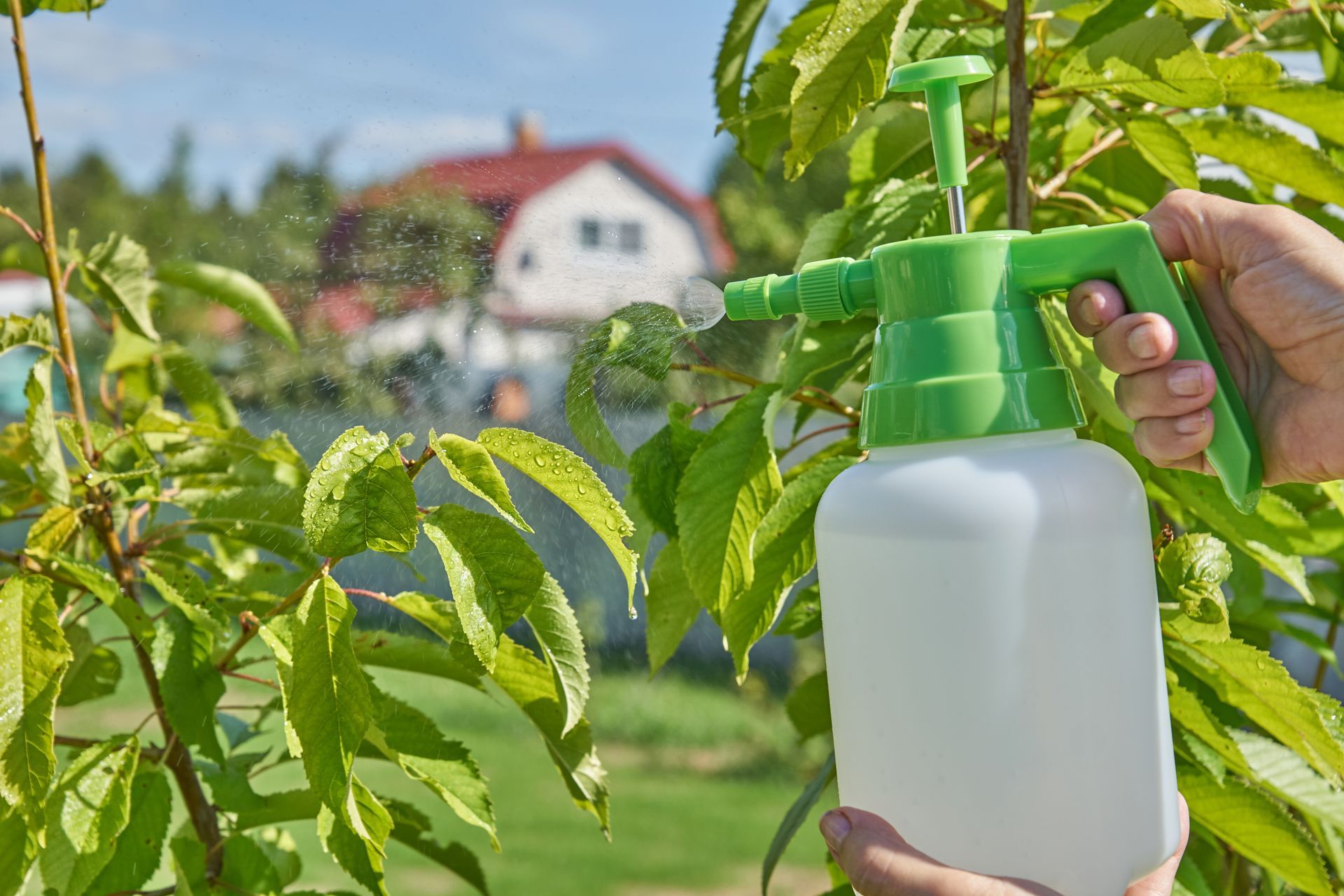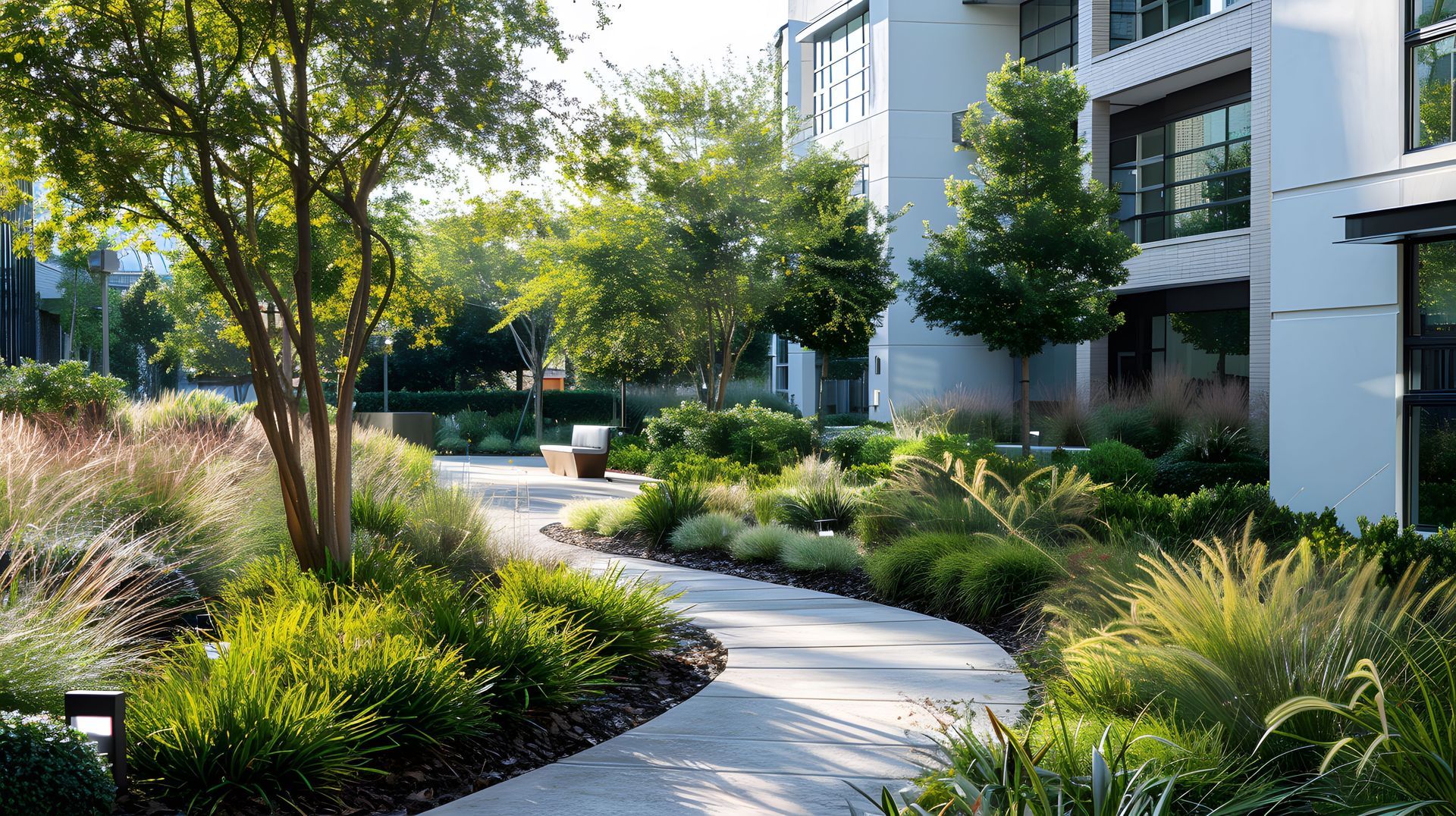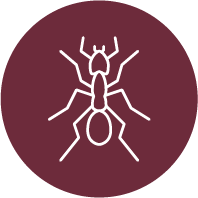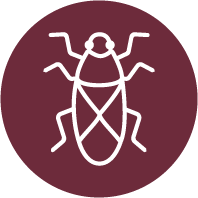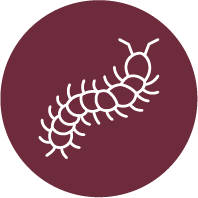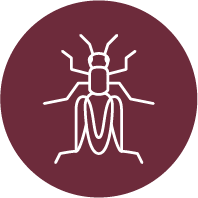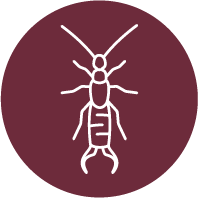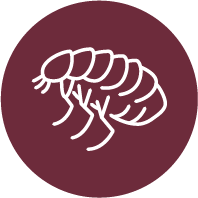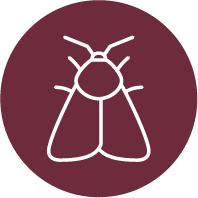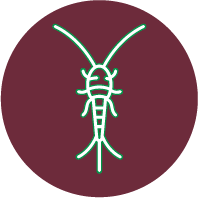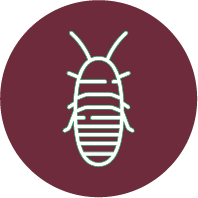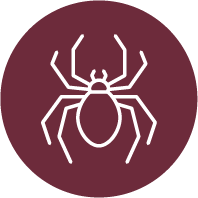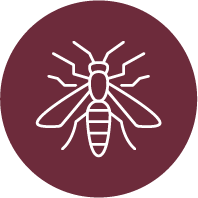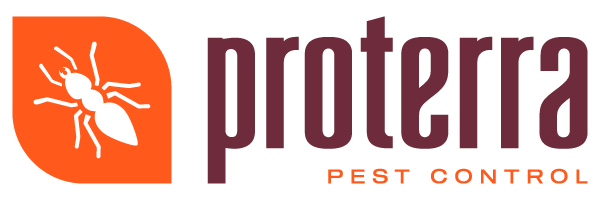Year-Round Pest Control: A Seasonal Guide
Maintaining a pest-free home requires diligence and understanding of how the change of seasons affects pest behavior. Each season brings different challenges in the quest to keep homes free of pests. Proterra’s seasonal services provide a professional foundation for pest control, but homeowners can further enhance these efforts by taking specific actions as the seasons change. This guide offers a detailed approach to managing and preventing pests throughout the year, ensuring that homeowners can enjoy their living spaces without the intrusion of unwanted guests.
Spring: Awakening and Prevention
Spring is a time of renewal, not just for nature but also for pests waking from dormant states or beginning their life cycles. This season is crucial for setting up defenses and preventing infestations.
Inspect and Seal
Start by inspecting the exterior of your home for cracks or holes where pests might enter. Seal these gaps with appropriate materials like caulk or weather stripping. Ensure that vents are covered with mesh screens and that windows and doors fit tightly and securely.
Clean and Declutter
Spring cleaning is not just good for aesthetics and mental health; it also helps prevent pests. Remove clutter where pests could nest, and keep storage areas tidy and off the ground. Pay special attention to kitchens and bathrooms where crumbs and moisture can attract a variety of pests.
Initiate Professional Services
This is the best time to start or renew a contract with a pest control service like Proterra. A professional can apply pre-emergent treatments to the perimeter of your home to prevent common spring pests such as ants, spiders, and wasps.
Summer: High Activity and Maintenance
With the rise in temperature, pest activity can increase dramatically. Many pests thrive in the warmth, making summer the busiest season for both pests and pest control.
Regular Yard Maintenance
Keep your lawn trimmed and free from debris. Tall grass and piles of leaves can offer shelter and breeding grounds for pests. Clear any stagnant water which can be a perfect breeding spot for mosquitoes.
Monitor Moisture Levels
Use dehumidifiers in damp areas of the home, like basements and attics, since high humidity attracts pests like cockroaches and silverfish. Ensure your drainage systems are functioning properly to avoid water accumulation near your foundation.
Continue Professional Treatments
Regular visits from your pest control service are vital during summer. These visits can address any emergent issues and help adjust strategies based on specific summer pests that might be prevalent in your area.
Fall: Preparation and Reinforcement
As the temperature begins to drop, pests look for warm places to overwinter. This often means they find ways into your home. The focus in fall is on reinforcing defenses and preventing entry.
Enhance Exclusion Techniques
Check the integrity of earlier seals, as some materials can deteriorate or be damaged over time. Install door sweeps and repair damaged screens. This is also a good time to inspect roofs and chimneys for potential pest entry points.
Deep Clean and Store Food Properly
Deep cleaning in the fall can help remove any food residues that might attract pests seeking to stock up for winter. Ensure all food, including pet food, is stored in sealed containers.
Schedule a Professional Inspection
A thorough inspection by a pest control professional can identify potential problems before pests settle in for the winter. This helps ensure that your home remains pest-free during the colder months.
Winter: Monitoring and Control
Winter might seem like a time when pest activity decreases, but many pests are still active and might be hiding within your home. This season is crucial for control and monitoring.
Regular Checks and Maintenance
Check your home for signs of pest activity like droppings, nests, or damage. This is especially important in rarely used areas such as basements, attics, and garages. Keep your storage areas clean and organized to reduce shelter options for pests.
Maintain Dry Environments
Continue to manage humidity and fix leaks promptly. Cold weather can lead to burst pipes or water accumulation, which in turn attracts pests.
Professional Maintenance Services
Maintaining a regular schedule with your pest control service ensures continued surveillance and treatment of any indoor pest issues that could escalate if left unchecked during the winter.
Different seasons bring different challenges in pest control, and being proactive is key to keeping your home pest-free. From spring inspections to winter checks, each step you take reinforces your home’s defenses against pests. Coupling these efforts with regular professional services from Proterra ensures a robust strategy against pests all year round. As the seasons change, so should your approach to pest control, adapting to each season’s unique challenges and maintaining a steady defense that keeps pests out permanently.
Ready to establish a year-round pest-free environment for your home? Proterra Pest Control offers tailored seasonal pest management solutions designed for your peace of mind. Don't wait until pests become a problem—proactively protect your home with our eco-friendly, effective services. Contact us today to schedule your inspection. Your pest-free future starts now with Proterra Pest Control.
